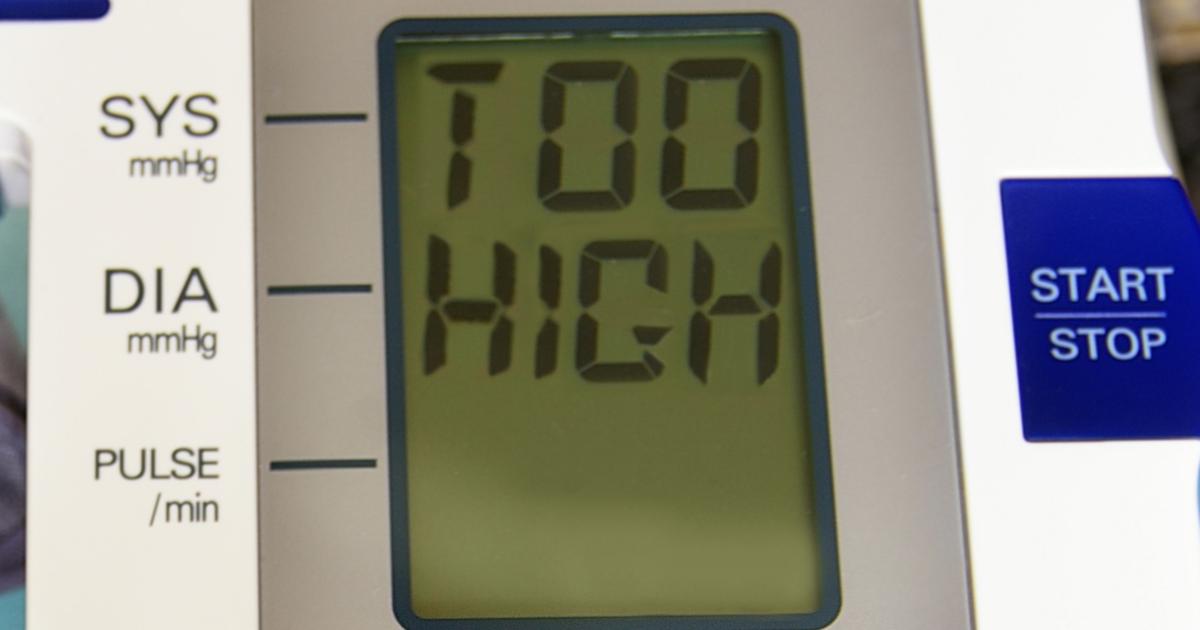What Is Phentermine?
Phentermine is a prescription medication designed to treat obesity. The drug is prescribed on a short-term basis for only a few weeks, and it is intended for use by obese patients (individuals with a body mass index of thirty or higher) who have not been able to lose weight with diet and exercise alone. First developed in the late 1950s, this medicine is the most commonly prescribed weight loss drug in the United States. Patients who take phentermine are also asked to follow a weight loss program approved by their doctor. The program includes a reduced-calorie diet, an exercise routine, and a behavior modification course. When considering patients for phentermine use, doctors will conduct a physical examination to determine whether the patient has weight-related health issues that could be improved with the medication. They will check the patient's blood pressure, cholesterol, and blood glucose measurements, and they may also run tests to check the patient's cardiovascular health. While obese patients with high cholesterol or glucose may be prescribed this drug, doctors do not normally prescribe it for individuals with high blood pressure or heart disease.
The uses, side effects, precautions, and medication interactions associated with phentermine are outlined below.
How It Works

The active ingredient in phentermine is phentermine hydrochloride. This ingredient is known as a sympathomimetic amine anorectic, and it functions as a stimulant for the central nervous system. Phentermine works similarly to amphetamines. They suppress the patient's appetite and raise their heart rate and blood pressure. An increased heart rate makes the body use more energy and burn more calories. Additionally, the medication helps patients feel full for longer, and this improves weight loss. Some patients take phentermine alone, and others may be prescribed a pill that is a combination of phentermine and topiramate, a medication originally used for the treatment of epilepsy. The addition of the topiramate makes food taste less appealing, and this could enable patients to eat less than they normally would. While phentermine alone is only intended for short-term use, patients can take the combination pill with phentermine and topiramate for long periods, and it is available in an extended-release tablet.
Get familiar with the uses and benefits linked to phentermine next.
Phentermine Uses And Benefits

Phentermine is approved for use as a weight loss aid. It helps patients reach a healthier weight and reduce their risk of weight-related complications such as diabetes, high blood pressure, cardiovascular disease, and certain forms of cancer. Patients who lose weight with phentermine typically see reductions in their blood pressure, blood glucose, and cholesterol as well. Phentermine is sometimes considered for off-label use in the treatment of attention-deficit hyperactivity disorder. As a stimulant, the medication promotes the release of norepinephrine, and doctors believe this mechanism could improve attention. Phentermine affects dopamine levels in the brain, too, and it is thought that this decreases impulsivity and hyperactivity.
Uncover the potential side effects next.
Potential Side Effects

Patients who take phentermine could experience a range of potential side effects. Some of the most frequently reported side effects include an elevated heart rate, a tingling or pricking sensation in the hands or feet, constipation, and dry mouth. Many individuals taking this medicine have experienced difficulty with falling asleep or staying asleep, and it is common to feel nervous while using the drug too. Headaches, dizziness, and itching may occur, and patients might develop diarrhea or stomach pain. Some individuals have noticed an unpleasant taste in the mouth during treatment with phentermine, and the patient's interest in sex may increase or decrease. Although rare, phentermine may cause serious side effects for some patients. For example, patients could start to have auditory or visual hallucinations, and they may experience severe changes in their mental state.
Chest pain could occur, and patients should let their doctor know immediately if they experience this symptom. Urgent medical care is necessary if side effects such as shortness of breath, pounding heartbeats, a fluttering sensation in the chest, or tremors occur. This medication can increase blood pressure, and patients could experience nosebleeds, blurry vision, anxiety, or a severe headache if blood pressure increases dramatically. If any of these symptoms develop, the patient should seek emergency care.
Read more to learn about the precautions to remember when taking phentermine next.
Precautions To Remember

Phentermine should not be taken by patients who have high blood pressure or cardiovascular disease, and it is not appropriate for individuals with glaucoma or an overactive thyroid gland. Patients who are pregnant should not use this medicine since weight loss during pregnancy, even in individuals who are overweight, may be harmful to the unborn baby. This medication has the potential to pass into breast milk, and patients who are breastfeeding should not take it. Since phentermine may lead to dependency, patients with a history of substance use disorders should use an alternative weight loss medication instead.
Before phentermine is prescribed, patients should let their doctor know about any history of kidney disease, blood pressure issues, or heart valve disorders, as this medication may not be safe for patients with these health concerns. Diabetes patients should ask their doctor about adjusting the dose of their diabetes medications during their treatment with phentermine. This medication needs to be taken around the same time each day. Patients who take it three times per day should take each dose roughly thirty minutes before breakfast, lunch, and dinner, and individuals who take it once a day should take their dose either before breakfast or one to two hours after breakfast. If the patient forgets to take a dose, they should skip the dose for that day if it is late in the afternoon or evening. Taking two doses at one time could cause serious side effects, and it may be fatal.
Discover the potential medical interactions linked to phentermine next.
Potential Medication Interactions

Phentermine could cause a potentially fatal lung disease known as pulmonary hypertension if it is taken in conjunction with other weight loss medicines, including other prescriptions, over-the-counter medicines, and herbal supplements designed as weight loss aids. Some of the most popular diet medications known to interact with phentermine are fenfluramine and dexfenfluramine. To prevent these interactions, patients should not take any other diet medications while taking phentermine, and they should let their physician know about all the medications they use. Phentermine interacts with more than 150 drugs and is associated with forty-two potentially serious drug interactions. The medication has particularly strong drug interactions with antidepressants such as fluoxetine, duloxetine, venlafaxine, and escitalopram. It is also known to interact with metformin, levothyroxine, and liraglutide. After having their doctor check their current medication list for possible issues before prescribing phentermine, patients should ask their pharmacist to check for potential drug interactions before the medicine is dispensed.